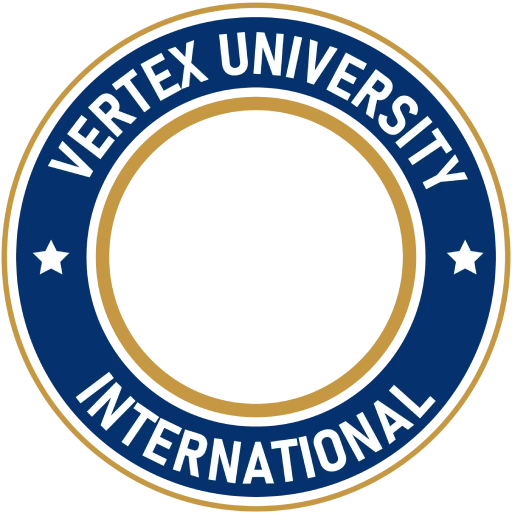The growing popularity of digital universities has made them a flexible and innovative model that meets the needs of students and learners amid the rapid digital transformation in higher education. With this growth comes a pressing need for clear and rigorous standards that ensure educational quality and academic credibility. This is where the importance of international accreditations emerges. These accreditations provide digital universities with global recognition that reinforces trust in their programs and degrees. Accreditation is not merely an administrative seal—it represents a guarantee that the institution adheres to best educational practices and global standards in content delivery, skill development, and performance evaluation.
International Accreditations: A Sign of Academic Trust
Obtaining international accreditation significantly boosts the confidence of students, parents, and academic communities in the quality of education offered by digital universities. It also opens doors to partnerships with prestigious universities and research centers worldwide, enabling graduates to pursue advanced studies at the highest levels and qualify for top career opportunities in global job markets. Accreditation bodies conduct thorough reviews of curricula, educational technologies, assessment methods, and faculty competence, ensuring that digital universities maintain standards that match, or even surpass, those of traditional institutions.
The Impact of Accreditation on Employment and Professional Recognition
Degrees from internationally accredited digital universities are more widely accepted in both local and international job markets. These credentials give graduates a competitive edge, indicating that they have received a high-quality education aligned with practical skills and modern technologies. In many sectors, employers require qualifications from internationally recognized institutions to avoid issues of fraud or insufficient competence. Furthermore, many professional bodies accept only accredited academic programs. Hence, international accreditation instills graduates with confidence in their academic and professional abilities and affirms the legitimacy of their degrees—opening the door to the best employment prospects.
Accreditations Strengthen Competitive Advantage
In a rapidly changing world driven by technological advancements and evolving market needs, international accreditations serve as a vital framework for assessing the adaptability of digital universities. They act as a benchmark for institutional competitiveness, highlighting a university’s leadership in delivering optimal academic systems. Accredited institutions commit to regularly reviewing and updating their programs to align with the latest developments in education and the workforce. As accreditation standards evolve, universities must also provide secure digital infrastructure and comprehensive student support systems to address psychological and technical challenges. Accreditation thus becomes a strategic tool for strengthening competitiveness and long-term sustainability.
Accreditations Require an Enhanced Student Experience
Internationally accredited digital universities place the student at the core of the educational process by offering a stimulating and interactive learning environment. This includes up-to-date content enhanced by multimedia, smart learning systems that provide instant feedback, and personalized learning paths. Accrediting agencies also require universities to offer continuous academic guidance and technical support, which helps improve success rates, reduce dropout levels, and ensure the development of students’ critical thinking and problem-solving skills—making them more prepared for the digital age and dynamic job markets.
Vertex University: A Model Worthy of Global Accreditation
Vertex University stands as a leading example in the field of digital education due to its unwavering commitment to international quality standards in all aspects of academic delivery. The university has earned some of the most prestigious academic and institutional accreditations, underscoring its excellence in offering flexible, accredited education that keeps pace with change. Vertex provides certified programs in disciplines aligned with future market demands, led by a distinguished faculty within a comprehensive digital learning system that blends the rigor of traditional education with the innovations of e-learning. The university also offers a tech-enabled learning environment and a rich, well-rounded student experience.
The importance of international accreditation for digital universities extends far beyond ensuring educational quality. It fosters trust, expands opportunities for graduates, and enables institutions to adapt effectively to global transformations. Therefore, pursuing accreditation should be viewed as an investment in the future—not just an administrative procedure—especially in a global landscape that demands accessible, reliable, and internationally recognized education for every learner








